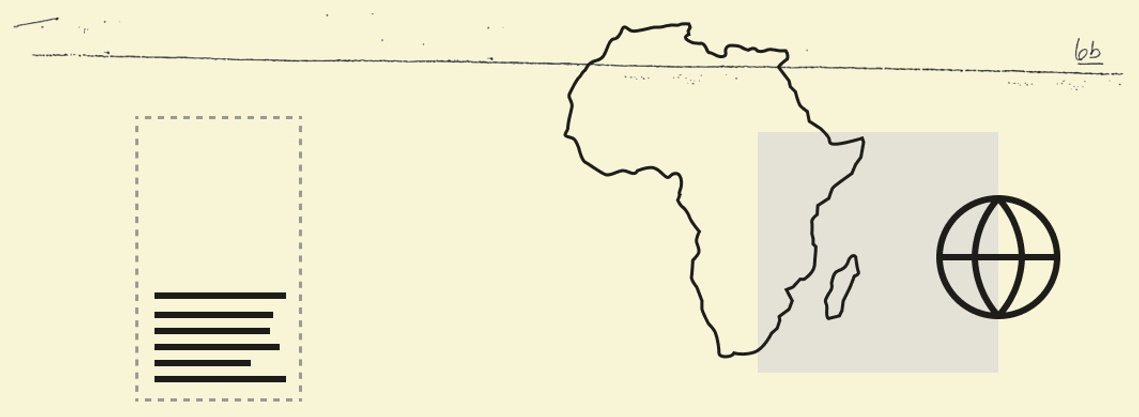 Business & Macro🇿🇲 Mobile network operator Airtel will invest $14 million to build over 150 new telecom towers in Zambia in partnership with IHS Towers. 🇰🇪 Financial services firm Sanlam Kenya is set to raise $19 million from shareholders to settle a loan from Stanbic Bank Kenya. Climate & Energy🌍 Germany’s Africa-focused solar energy providers EWIA Green Investments and SunErgy completed a merger. EWIA currently operates in Ghana and Nigeria, while SunErgy is in Cameroon. 🇰🇪 The Central Bank of Kenya set an 18-month timeline for commercial banks to begin disclosing climate risks connected to entities they finance. Geopolitics & Policy🇲🇱 Burkina Faso, Mali, and Niger recalled their ambassadors to Algeria after a Malian surveillance drone was shot down for supposedly violating Algerian airspace. 🇨🇩 DR Congo changed the death sentences of three US citizens who allegedly engaged in a failed coup last year to life imprisonment. Tech & Deals🇿🇦 MTN Group will create a new streaming platform targeting African internet users with Synamedia, a British video software company. 🇿🇦 🇸🇳 South Africa’s online payments processor Peach Payments acquired Senegalese firm PayDunya as part of an entry into Francophone West Africa. 🇰🇪 Danish coffee company Slow Forest acquired African Coffee Roasters, a Kenyan organic coffee producer co-owned by the Danish government’s Investment Fund for Developing Countries. |